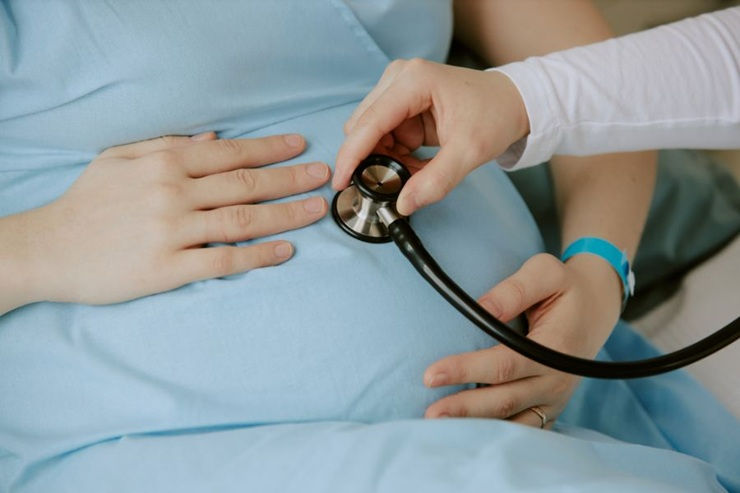Obesity risk may pass from mothers to daughters
- Mar 22, 2023
- 2 min read

New research shows women with obesity may share the risk of the disease with their daughters, but not their sons.
Southampton researchers say that families need more support before and during pregnancy to adopt healthier habits. This could reduce the risk of their children becoming overweight or obese in later life.
The analysis has been published in the Journal of Clinical Endocrinology & Metabolism.
Family research
The researchers analysed data from 240 children and their parents. They were all part of the Southampton Women's Survey - a long-running study that tracks the health of mothers and their children.
They measured the children's body fat and muscle at ages four, six to seven and eight to nine. The parents had the same measurements taken at the third visit.
The researchers used this data to compare the children’s body mass index (BMI) and body fat level to their parents’.
Girls had similar BMI and fat mass to their mothers at six to seven and eight to nine years old. The researchers did not find the same association between boys and their mothers.
Genetics, diet and activity levels may impact these correlations.
However, fathers’ weight and body fat level were also not linked to those of their children. This suggests that the environment during pregnancy could play a role in risk of obesity in later life.
Long-term effects
Latest figures estimate that more than one in four adults in England are obese and a further third are overweight.
The National Child Measurement Programme measures the height and weight of children in reception (aged four to five years) and year six (aged ten to eleven years).
10% of reception age children were obese in 2021/22, with a further 12% overweight. By year six, 23% were obese and 14% overweight.
Children who are overweight or obese are likely to remain this way as adults. This puts them at higher risk of health problems like diabetes, high blood pressure and heart issues.
Informing public health measures
The Southampton research team are based in the MRC Lifecourse Epidemiology Centre and the NIHR Southampton Biomedical Research Centre (BRC). The NIHR Southampton BRC is part of the National Institute for Health and Care Research and hosted by University Hospital Southampton in partnership with the University of Southampton.
Dr Rebecca Moon, a paediatrician and Clinical Lecturer at the University of Southampton, led the analysis.
She said: "These findings highlight that girls born to overweight mothers are at higher risk of gaining excess body fat.
“Further studies are needed to understand why. Our findings suggest that approaches to addressing body weight and composition should start very early in life. This is particularly important in girls whose mothers are obese or overweight.
"We need to help families lead healthier lifestyles before they become pregnant. This would reduce the risk of their children developing obesity.”
The study was funded by the Medical Research Council, the British Heart Foundation, the NIHR Southampton BRC, the NIHR Oxford BRC, the Seventh Framework Program, the Biotechnology and Biological Sciences Research Council, the Horizon 2020 Framework Program, and the National Institute on Aging.
Image credit: World Obesity Federation



Comments